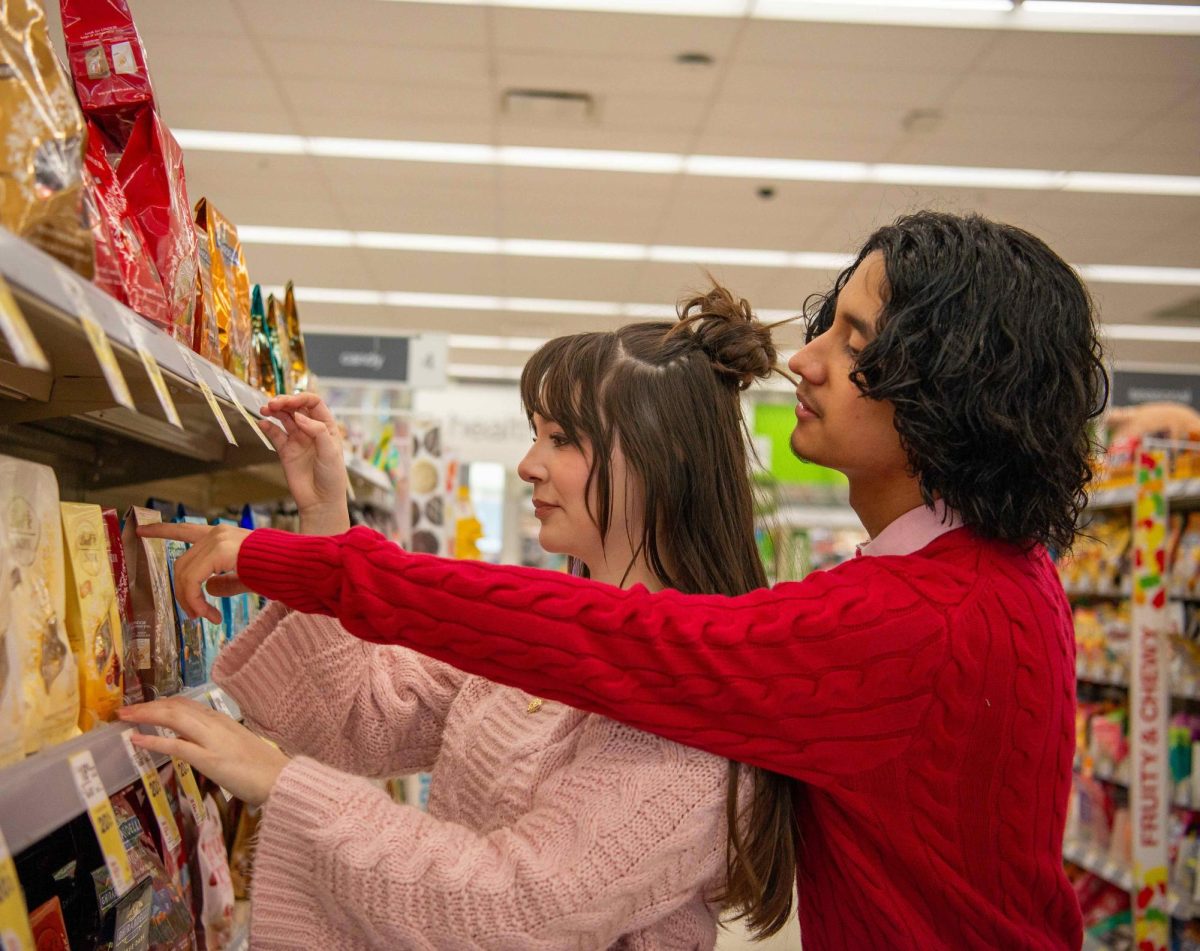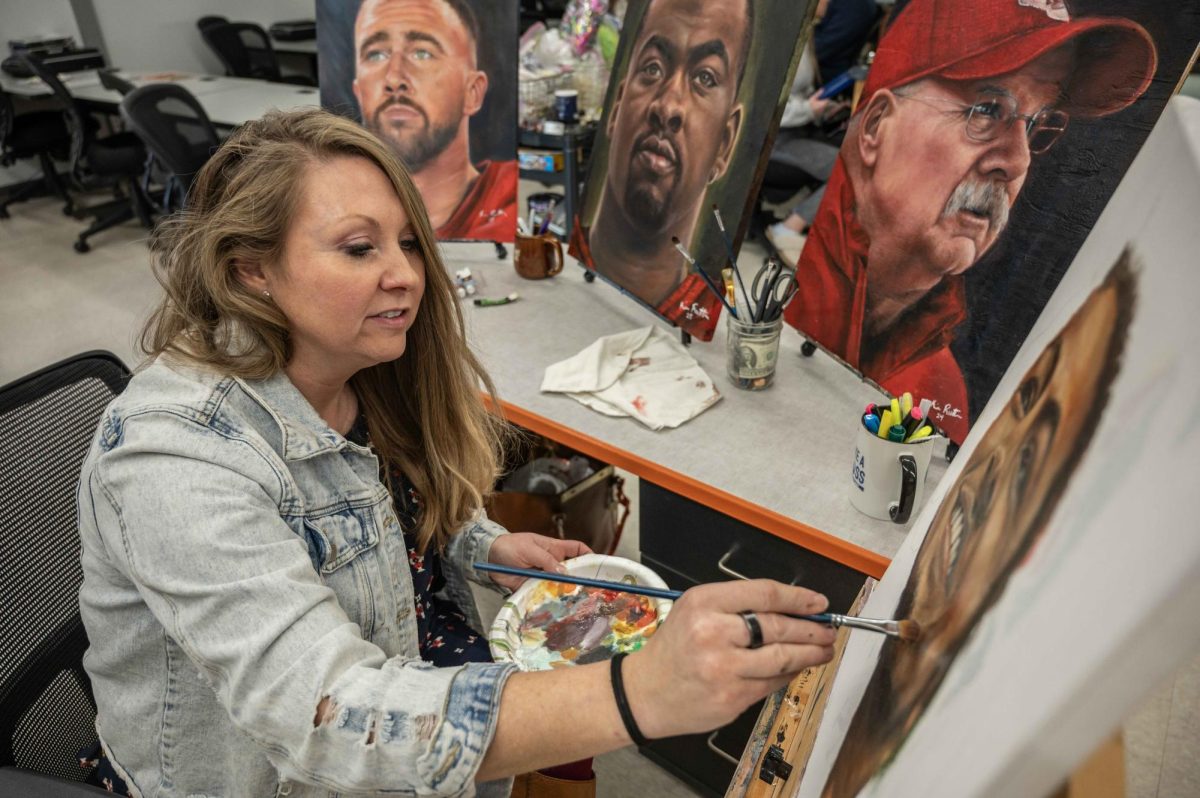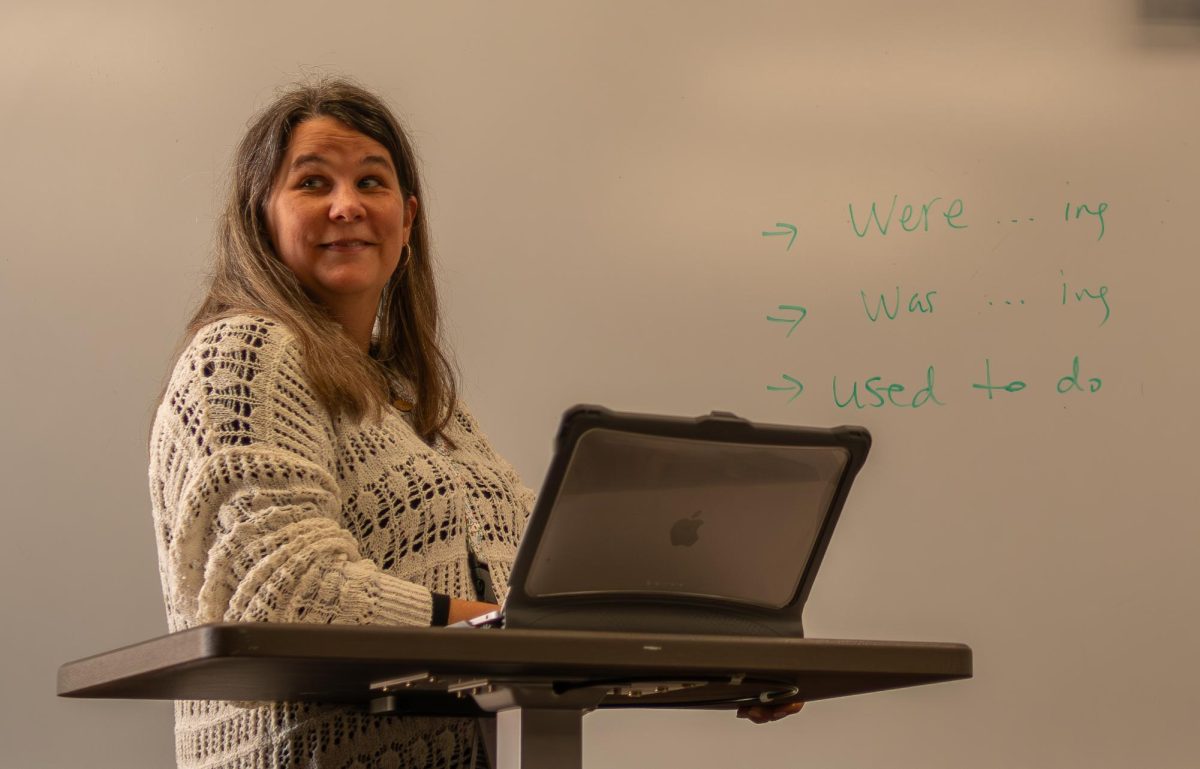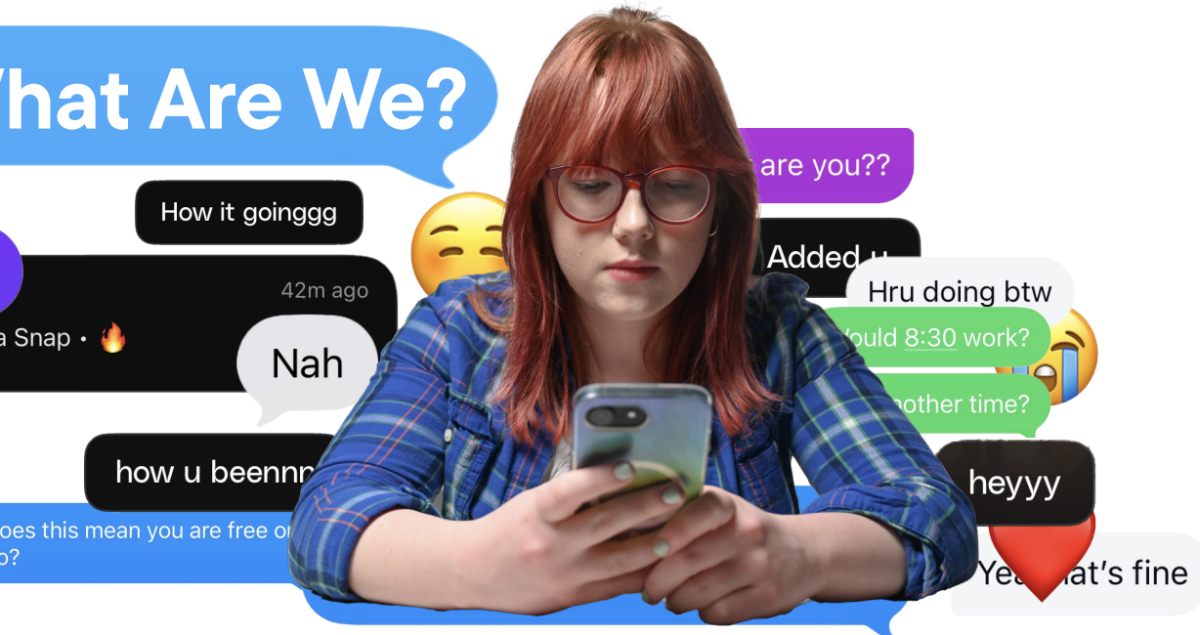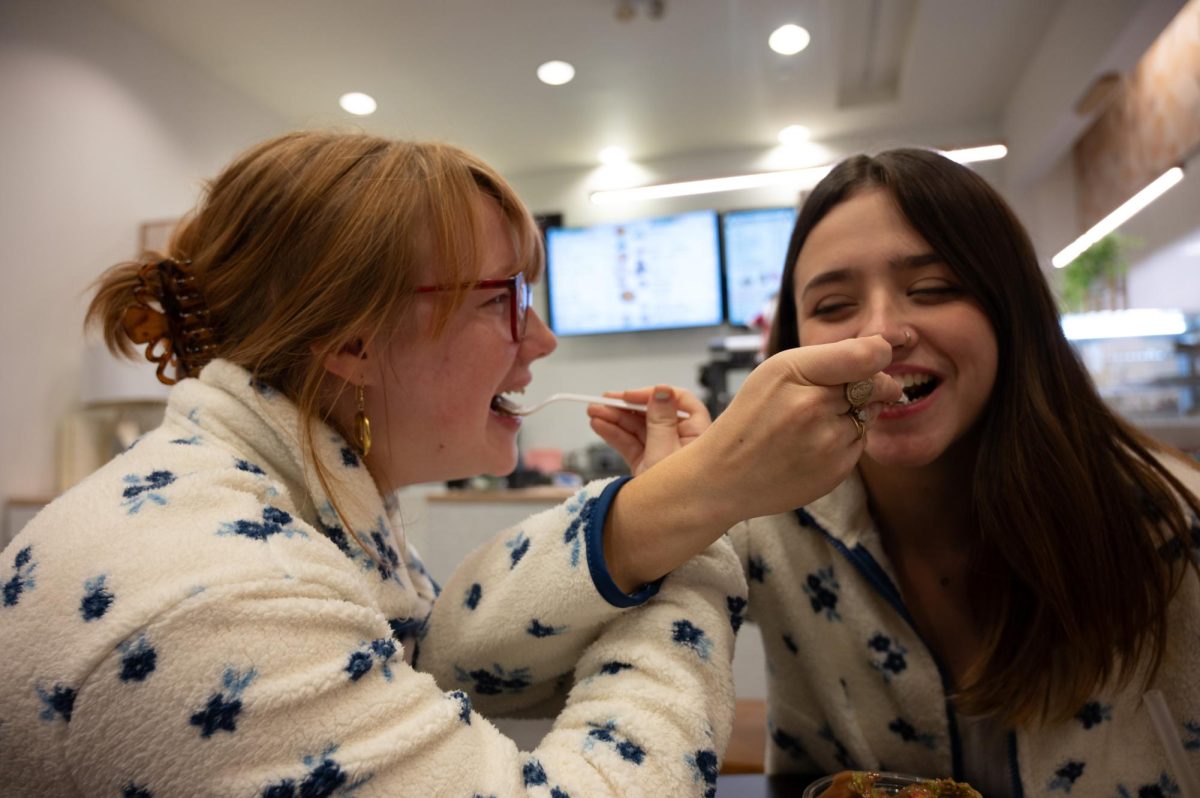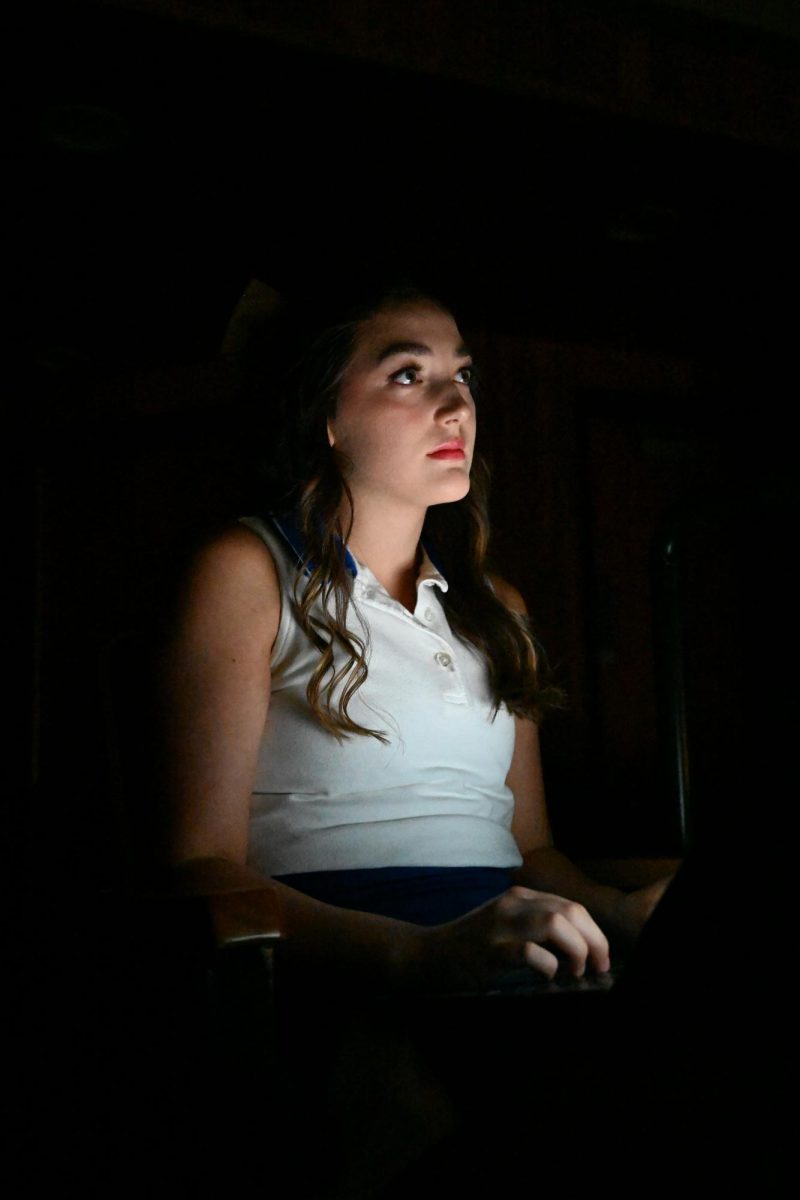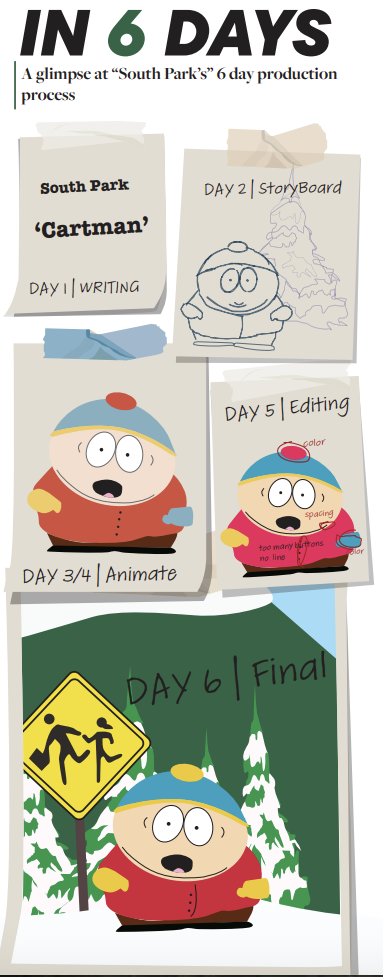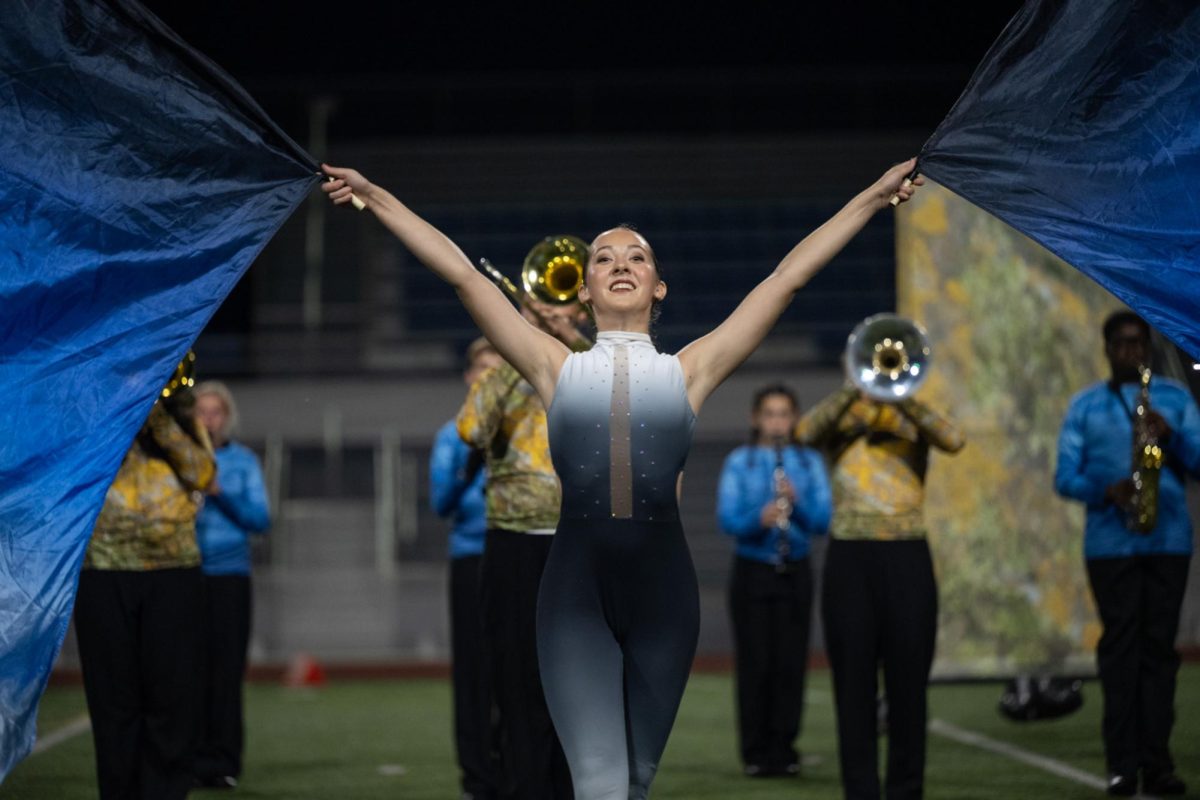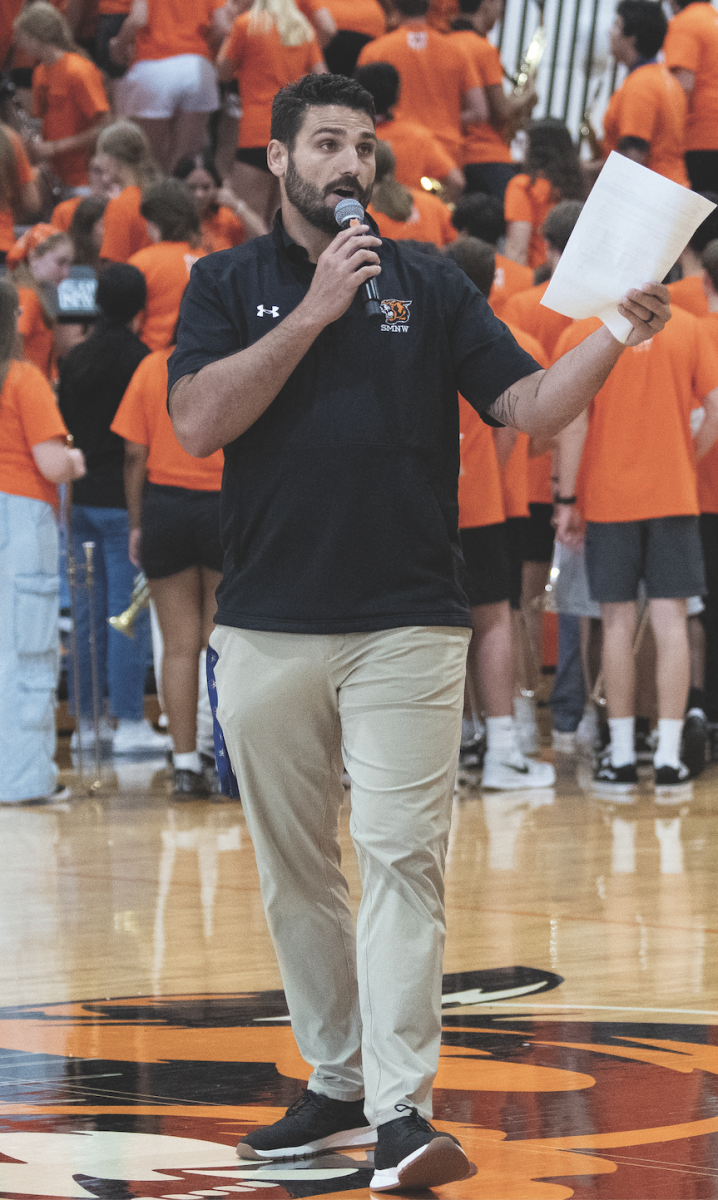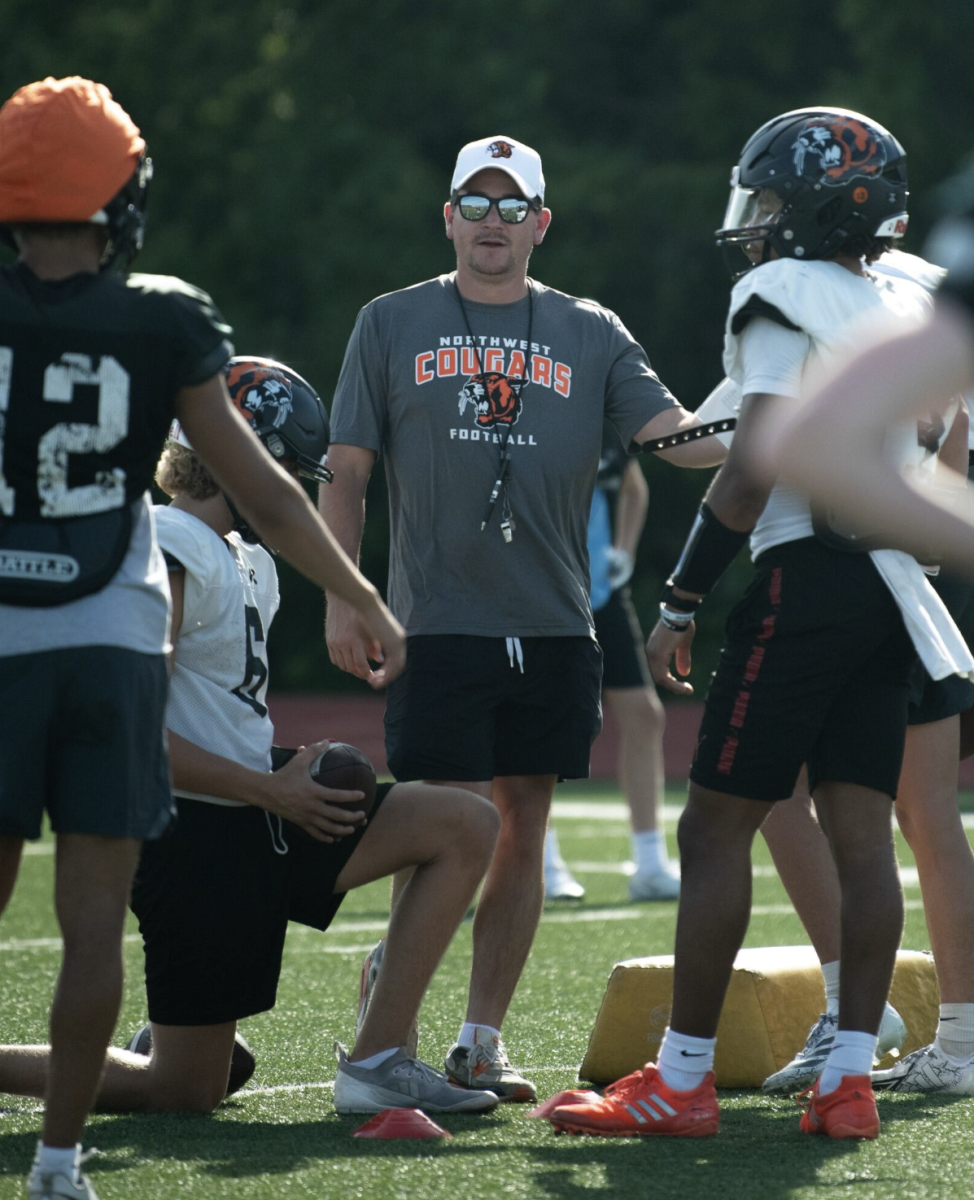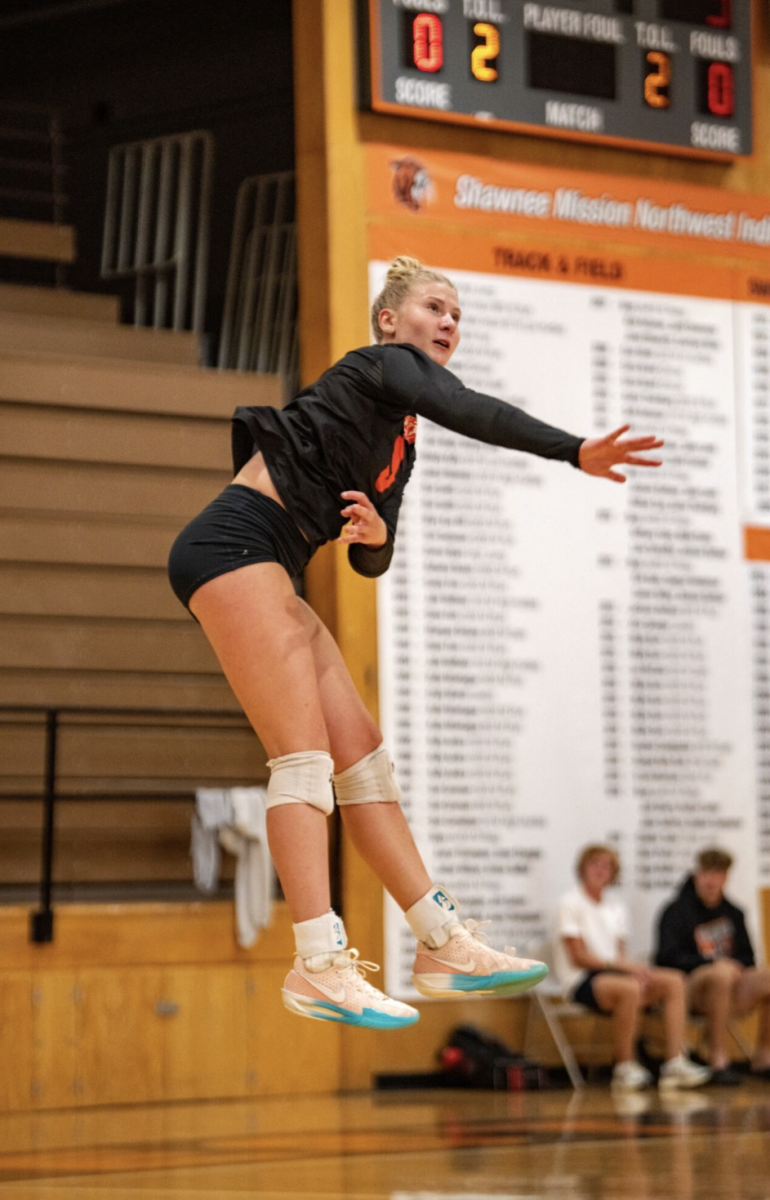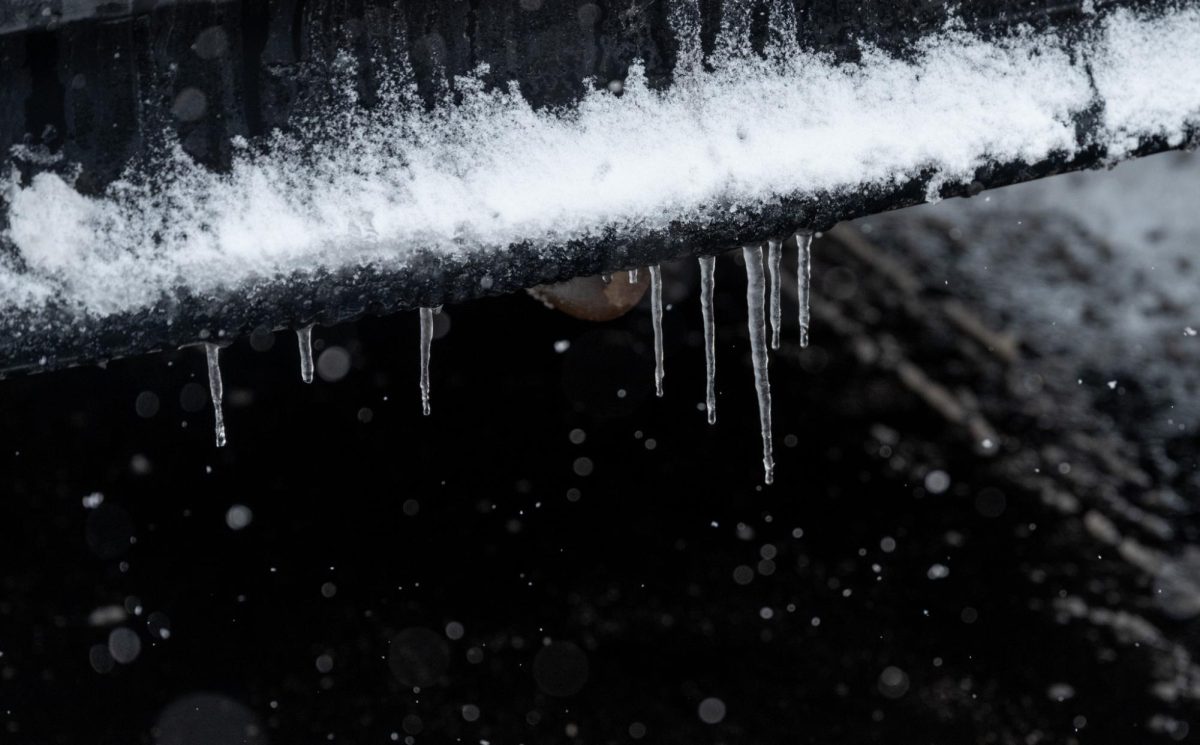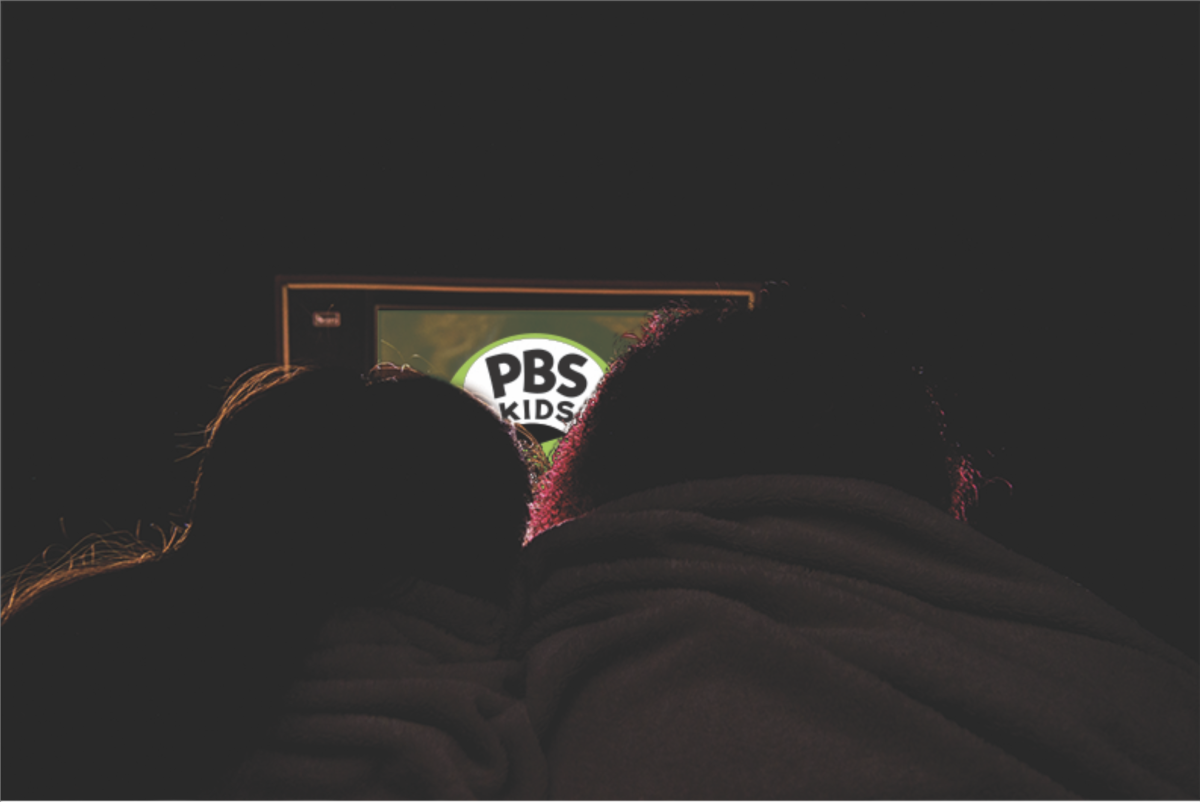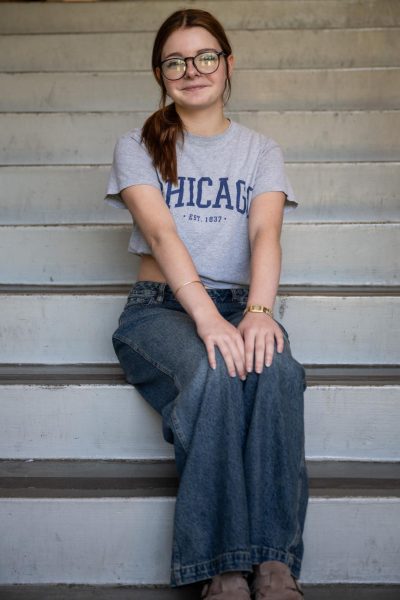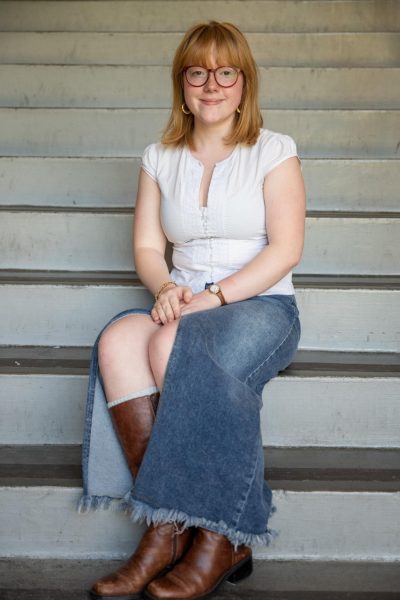“Cat in the Hat,” “Arthur,” “Curious George,” “Sesame Street,” and many more were all pillars of many kids’ development and childhood. I remember not being able to watch anything but DVDs and then PBS Kids. Learning big words for the age I was at while watching “Word Girl,” watching “Arthur,” 10 minutes past my bedtime – it was a highlight of my childhood.
But in the summer of this year, it was announced that NPR, the news outlet that runs PBS Kids, officially lost 1.1 billion dollars in funding.
None of the stations have shut down yet; however, jobs and programming cuts have begun.
The US government voted to take away funding from NPR and the Corporation for Public Broadcasting. Meaning, these shows and radio stations have a high chance of losing their audience.
“Over the last weeks, we have been working through how best to manage the impact of loss of federal funding,” PBS Chief Executive Paula Kerger wrote in a memo to station managers shared with NPR News. “Just like every single public media organization in the country, we are being forced to make hard choices.”
While PBS Kids is attempting to move to digital platforms, such as Amazon Prime. There is a doubt that things will play out well. There’s chances of losing content, and this may affect children in rural areas who watch PBS Kids.
“Those in rural and poor areas in particular rely on CPB grants,” NPR news claims. “With its nightly PBS News Hour and children’s programming, such as “Daniel Tiger’s Neighborhood,” PBS gets around 15% of its revenue from federal money, as do its member stations on average.”
At this moment, soon, it will no longer be free for kids to watch, according to CBS News. PBS has continued to advocate for keeping funding for its services and fight for public media access. NPR is strongly suggesting that the more wealthy donors donate to the stations in rural areas.
The drive and intention of PBS Kids is to teach and educate, especially for kids in need of the most support. What does that mean for kids who don’t have the finances to afford to watch PBS Kids?
Well, it’s an educational show that soon, only wealthy families can afford to watch. Meaning, those kids in rural areas won’t get to experience watching shows their older siblings watched, and they won’t get to potentially have the same understanding of things. PBS Kids not only touches on education, but it also focuses on empathy and the outlook on others. For me, at least, I was shown by the shows what is and isn’t okay, in the sense of how you talk to your neighbors, your friends and your family.

